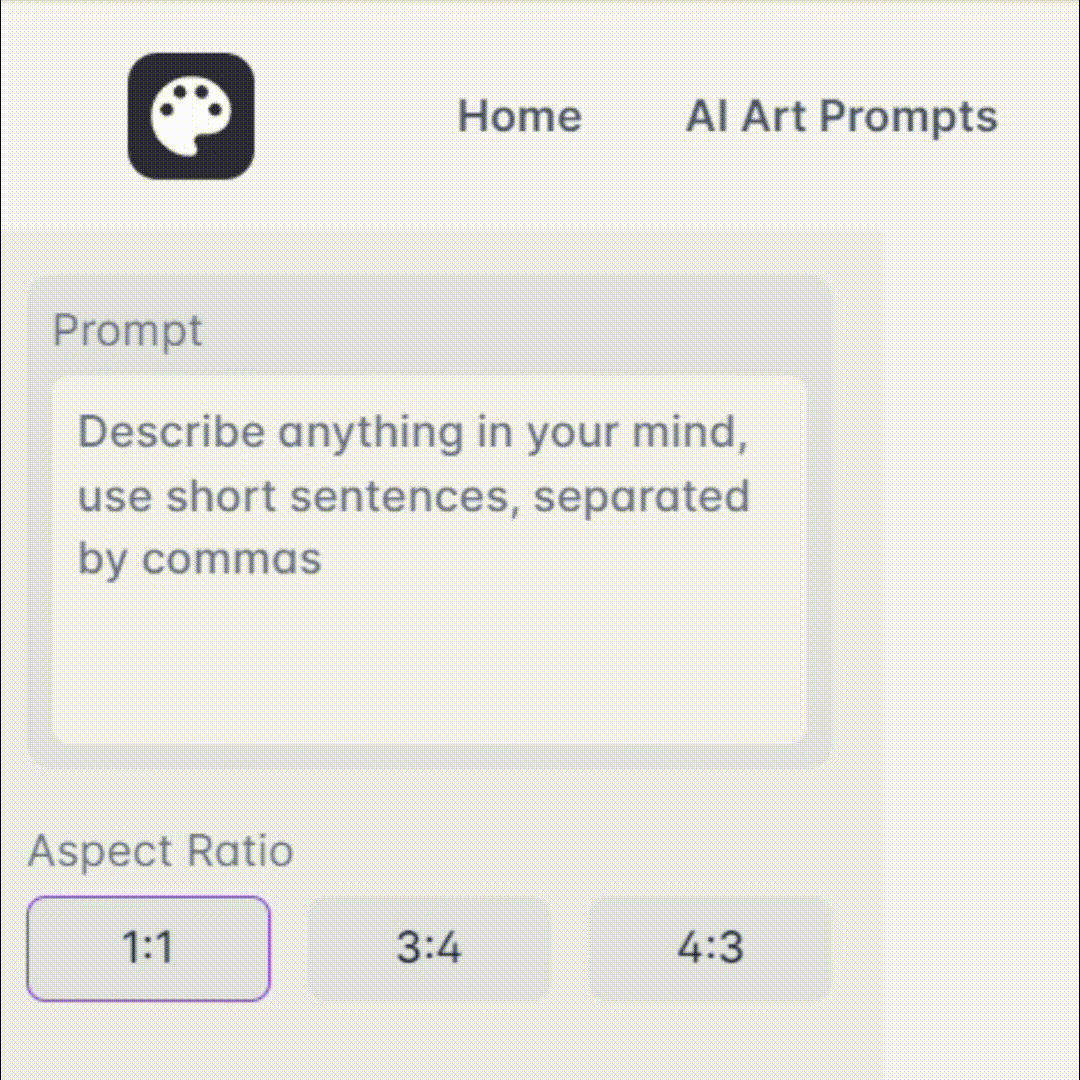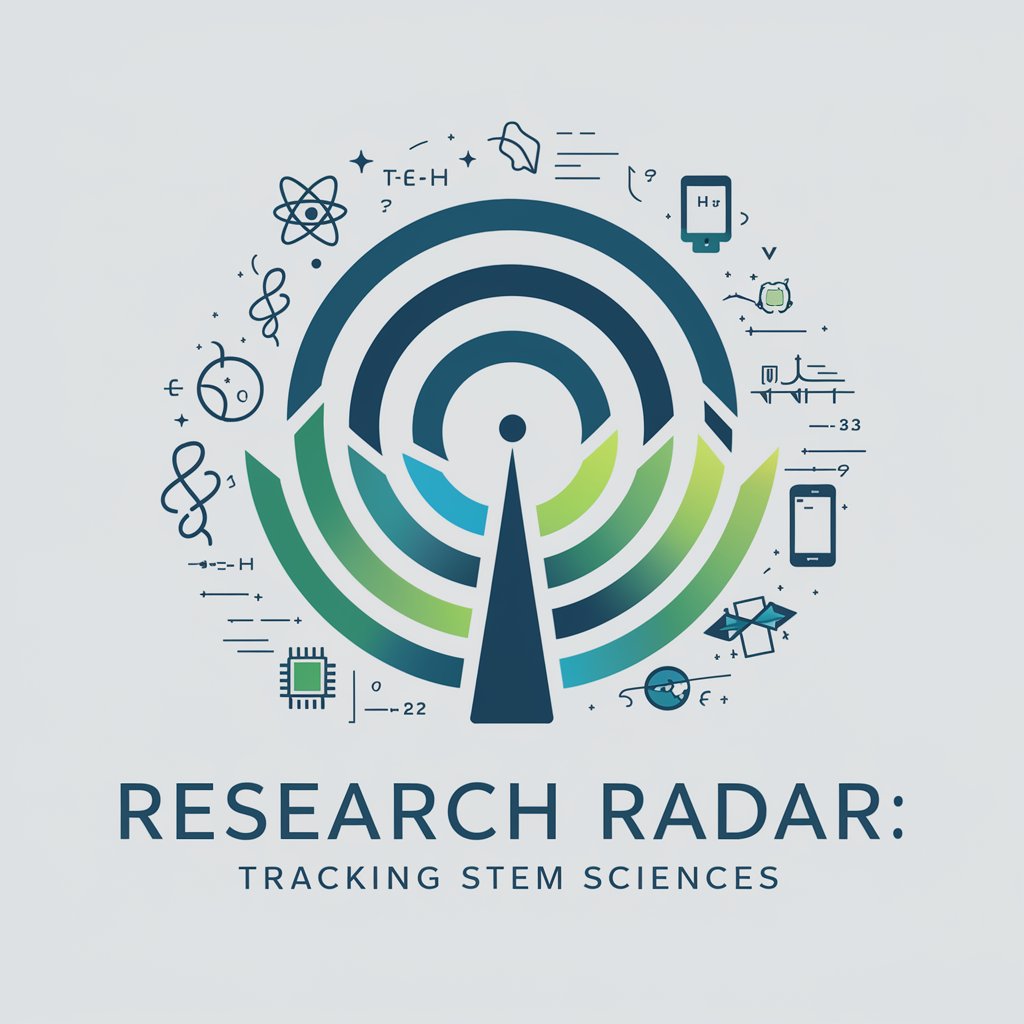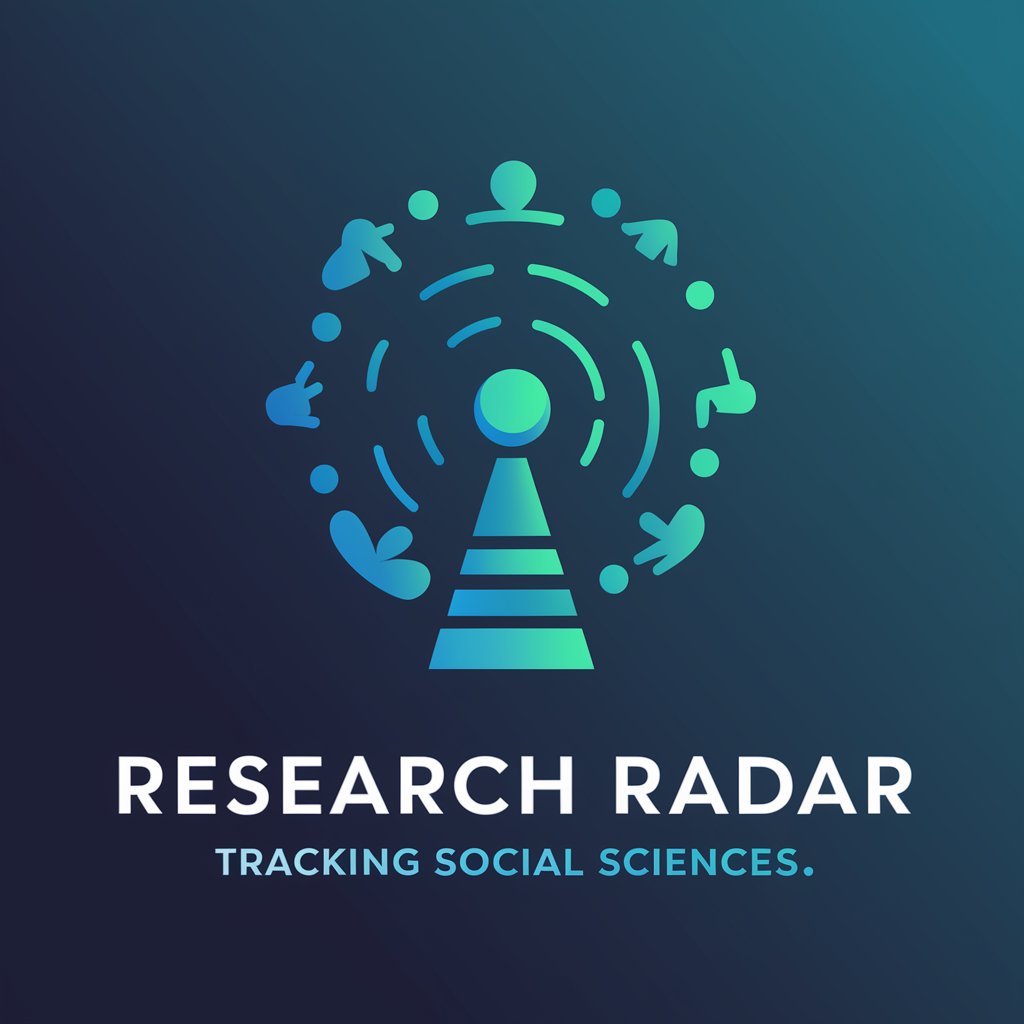
Research Radar - Research Update Tool
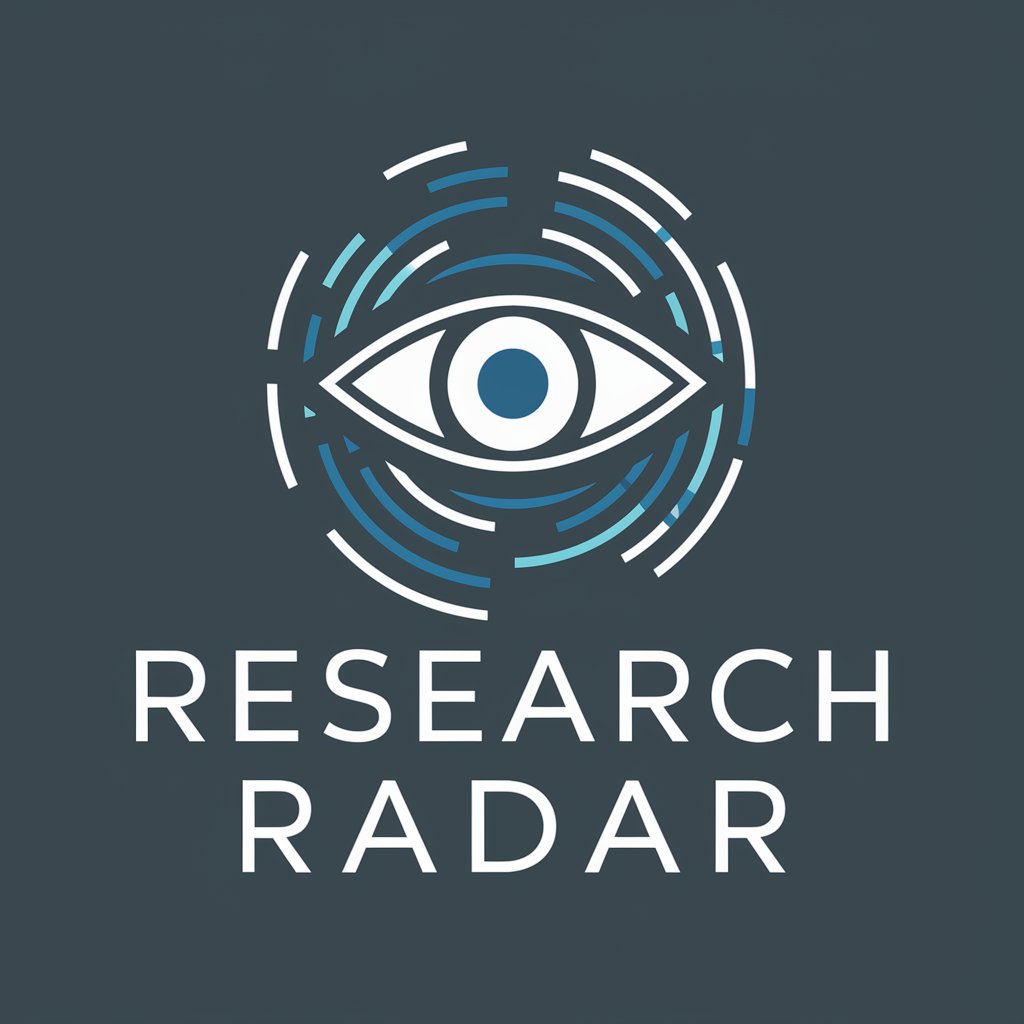
Welcome to Research Radar, your gateway to the latest research trends.
Revolutionizing Research with AI-Powered Insights
Analyze the latest trends in
What are the recent advancements in
Summarize the newest research on
Identify key themes in the field of
Get Embed Code
Introduction to Research Radar
Research Radar is a specialized AI tool designed to assist users in staying updated with the latest research trends in their specific fields or topics of interest. It is tailored to analyze and summarize key trends, themes, and advancements based on the most recent preprints submitted to arXiv and OSF preprint servers. Research Radar utilizes advanced algorithms to intelligently parse and interpret scientific literature, providing users with concise summaries of emerging research areas. The tool identifies relevant disciplines or fields from user-provided keywords, and accordingly fetches and analyzes abstracts from the appropriate preprint server, ensuring that users receive the most current and pertinent information in their area of study. Powered by ChatGPT-4o。

Main Functions of Research Radar
Trend Identification and Summarization
Example
For a user interested in quantum computing, Research Radar would extract the latest preprints from arXiv, analyze their abstracts, and summarize emerging trends like advancements in quantum algorithms or new quantum error correction methods.
Scenario
A researcher looking to identify the latest developments in their field before starting a new project.
Discipline-Specific Research Updates
Example
If a user is exploring trends in psychology, Research Radar would fetch recent preprints from OSF, identify key themes like digital mental health interventions or the effects of social media on well-being, and provide a summarized insight.
Scenario
An academic or student seeking to incorporate the latest findings in their literature review or thesis.
Direct Access to Latest Preprints
Example
Upon identifying trends in renewable energy technologies, Research Radar provides links to recent preprints discussing innovative solar cell materials or wind energy efficiency improvements.
Scenario
Industry professionals seeking to apply the latest research findings in their product development or policy formulation.
Ideal Users of Research Radar Services
Academic Researchers and Students
This group benefits from Research Radar by staying abreast of the latest developments in their field, aiding in literature reviews, research proposals, and ensuring their work is informed by the most current studies.
Industry Professionals
Professionals in technology, healthcare, engineering, and other sectors can utilize Research Radar to integrate cutting-edge research into their work, enhancing innovation and maintaining a competitive edge.
Policy Makers and Educators
These users find value in Research Radar by accessing up-to-date scientific insights that can inform policy decisions and educational content, ensuring relevance and accuracy in their respective fields.

Using Research Radar
1
Visit yeschat.ai for a complimentary, no-login trial, bypassing the need for ChatGPT Plus.
2
Select a research field or topic of interest to explore recent trends and developments.
3
Provide specific keywords related to your chosen field to enable focused and relevant research trend analysis.
4
Review the Research Radar's summarized trends, which include links to recent preprint articles for in-depth reading.
5
Engage with the tool to refine searches, explore related subfields, or delve deeper into a specific research trend.
Try other advanced and practical GPTs
Personal career consultant
Empowering Your Career with AI
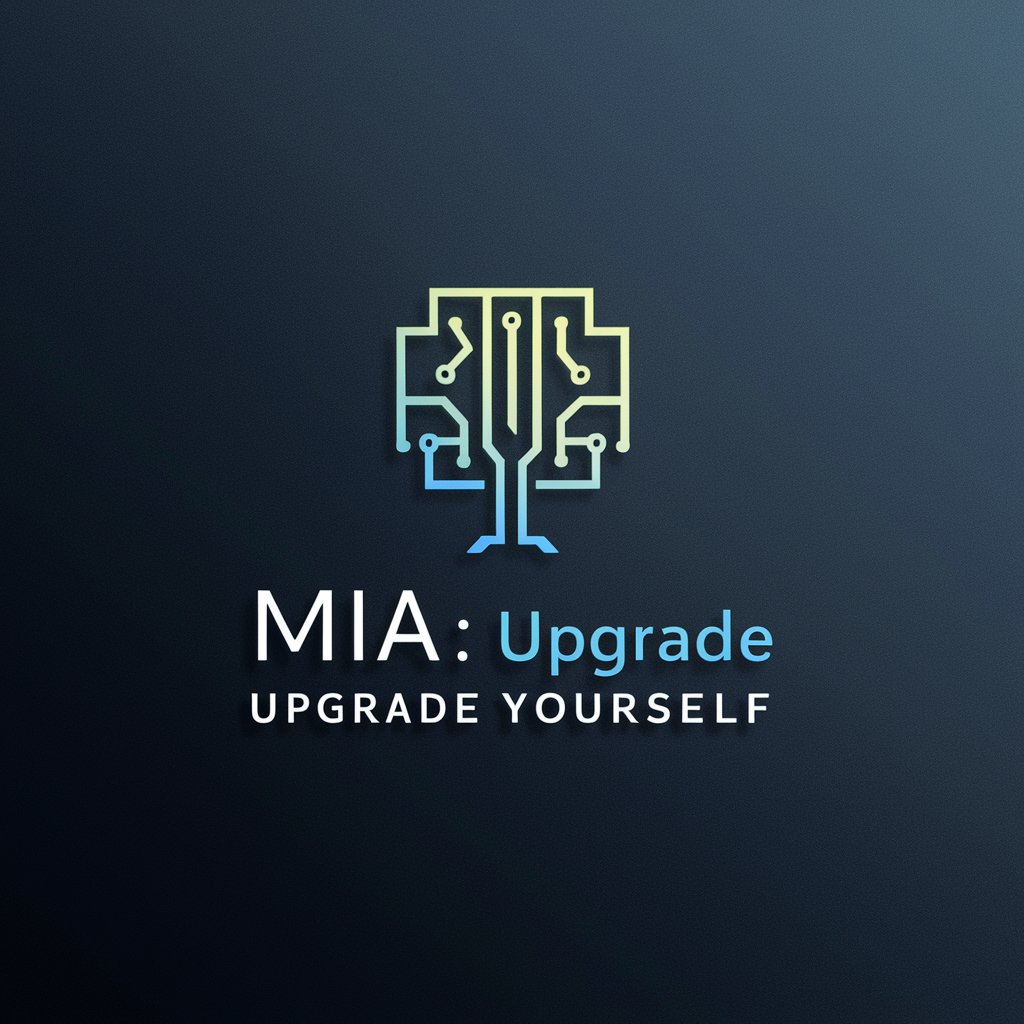
Personal and mental coach
Empower Your Mind, Transform Your Life

AskGod
AI-powered Biblical Enlightenment

YodaGPT
Wisdom of Yoda, now AI-powered.

Code Coach
Sharpen Your Coding Skills with AI
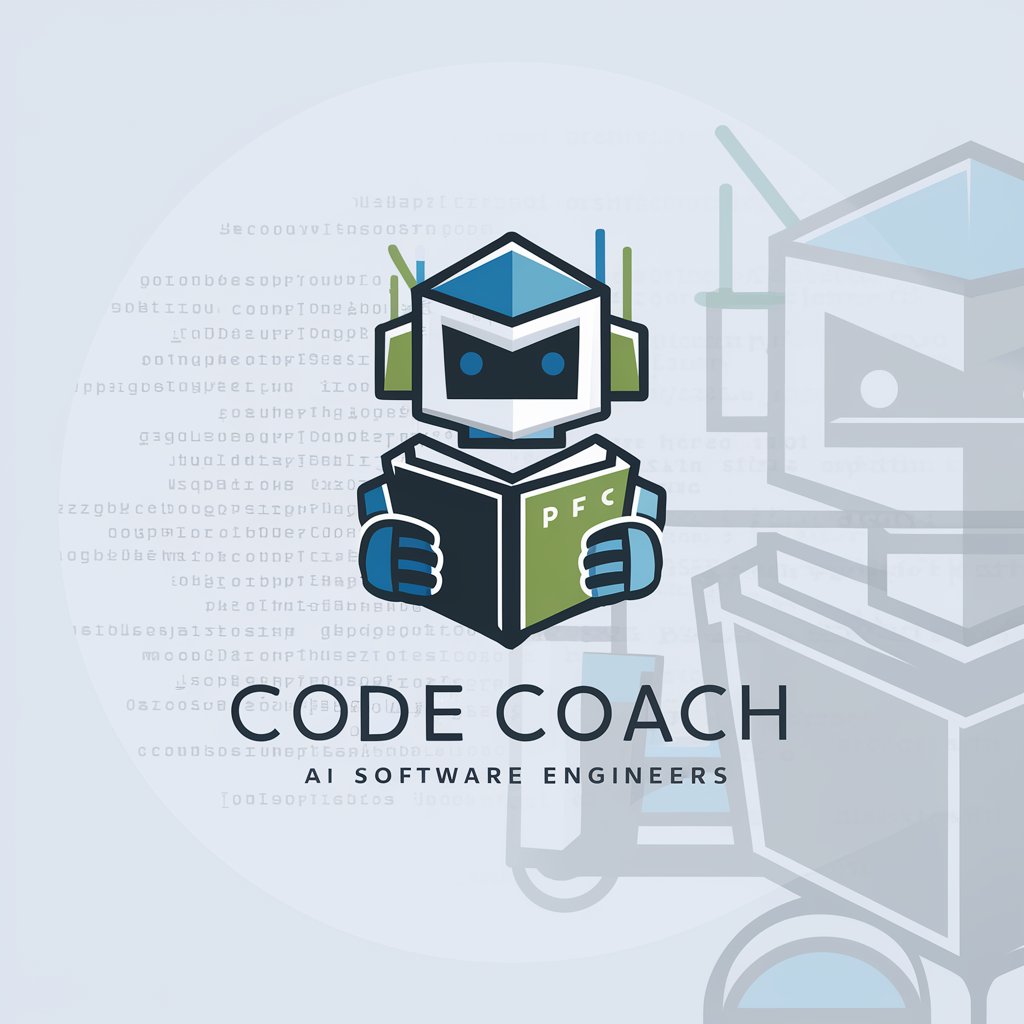
UnBiased News
Your AI-Powered Path to Unbiased News

Finance Consultant
AI-Driven Insights for Smarter Finance

Acne Advisor
Empowering your journey to clear skin with AI

Health Alert Assistant
Stay informed with AI-powered health alerts.

The Delphi Oracle
Navigate Life’s Questions with AI Wisdom
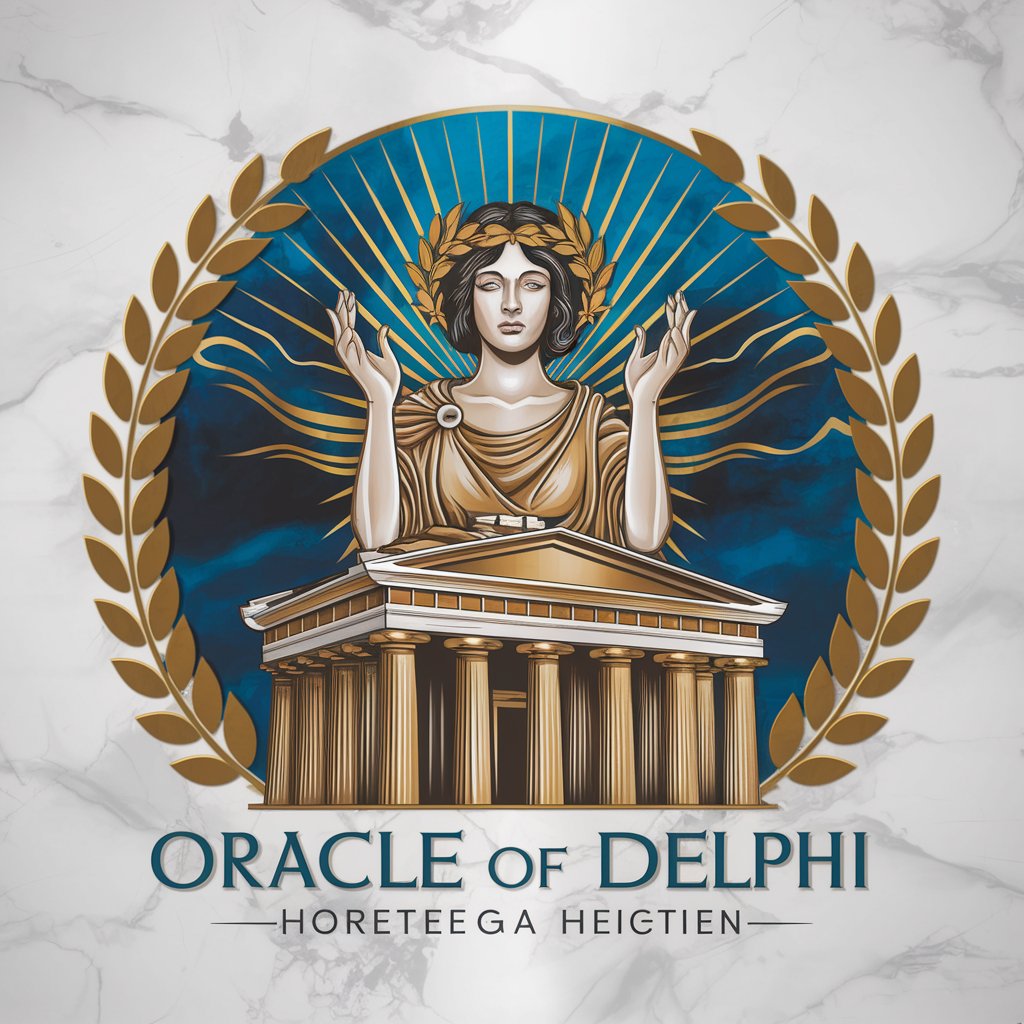
Peaceful Tales
Fostering Friendship Through AI-Powered Tales

Blackjack Ace
Elevate Your Game with AI-Powered Blackjack Strategies

Frequently Asked Questions about Research Radar
What makes Research Radar unique in research trend analysis?
Research Radar specializes in analyzing the latest preprints from arXiv and OSF servers, providing up-to-date trends and developments in specific fields or topics.
Can Research Radar assist in non-STEM research?
Yes, it is equipped to handle social sciences and humanities topics, utilizing the OSF preprint server for these disciplines.
How does Research Radar ensure the relevance of trends it identifies?
It analyzes the most recent preprint titles and abstracts, ensuring that the trends are current and based on the latest research entries.
Is Research Radar suitable for academic professionals and students?
Absolutely, it is designed to aid both academic professionals and students in staying abreast of the latest research in their respective fields.
Can Research Radar handle specific subfields within a broader discipline?
Yes, it can provide tailored summaries for specific subfields, reflecting the most recent and relevant research advancements.
